Winter sport season is a time to consider concussion. We also need to be careful of wet, icy or slippery ground as a heavy fall can also result in concussion.
What is concussion?
Concussion is a mild traumatic brain injury that stops the brain working normally for a while. This can happen even without a direct blow to the head; for instance if someone falls heavily or gets whiplash in a car accident. We hear a lot about concussion in sport but it can also happen when a child falls off playground equipment or an adult trips and falls heavily, especially if their head bangs onto the ground.
If the person is knocked out and loses consciousness they have probably got concussion, but you can also be concussed without losing consciousness.
Signs and symptoms
Babies: Concussion can be dangerous in young children and babies as they cannot explain what is happening. If a baby rolls off a table or couch and bangs their head they can be concussed. In babies watch out for: crying when you move their head, changed sleeping habits (either more or less sleep), irritability, vomiting, a bump or bruise on the head.
Children: An older child will be able to tell you if they have a sore head or if they have fallen and hurt themselves. Signs of concussion in children are similar to adults and include: headache, nausea or vomiting, behaviour changes, sleep changes, excessive crying, loss of interest in playing or doing their favourite activities, see also the adult symptoms below.
Adults: In sports games the referee or the coach will often ask some questions to check if the person might be concussed and has confusion or blurred vision. You can also do this with anyone you suspect has concussion by asking appropriate questions they should know the answer to like: What day is it? What team are we playing today? How many fingers am I holding up?
Concussion symptoms include:
- confused or forgetful about recent events
- slow to answer questions
- blurred vision
- dizziness
- unsteadiness when they stand up
- ringing in the ears
- sensitivity to light or sound
- looking like they are day dreaming
- trouble concentrating
- feeling sick or vomiting
- headache or pressure in the head
- extreme tiredness
- changed sleep pattern (can be more sleep or less sleep)
- changes in mood like appearing irritable, sad, emotional, nervous
- changes in behaviour or personality
Some of these signs might happen straight away and others may develop over the next day or two.
Here is a printable pocket sized Concussion Recognition tool that will be helpful for sportspeople.
Danger signs
Ring an ambulance if you know that person has had a bang to their head and
- has a headache that gets worse
- increased confusion or agitation
- weakness in arms of legs
- slurred speech
- loss of consciousness or seizure
If someone is unconsciousness and can’t be woken up, even if only for a minute they need urgent medical care to make sure they don’t have a skull fracture or serious brain injury.
Concussions may be accompanied by injuries to the spine. If you think a person has a neck or back injury, avoid moving them and call an ambulance for help.
Treatment
If someone has lost consciousness even for only a short time or if they are showing any signs of being concussed they should see a doctor as soon as possible.
With recovery from concussion the most important thing is to treat a brain injury as you would any other physical injury and give it rest. If you fall and damage your shoulder you would rest it for several days or weeks. You could then begin to use it and gradually build up your strength again. This is how to think of recovering from a concussion. Your brain needs rest to recover. Don’t try going straight back to sport or school or work; limit time reading, or looking at screens, no contact sports. Start with gentle exercise like slow walks in nature. Get plenty of rest. Check with your doctor about when and how to return to work, school or sport. Don’t drive a car until you have been cleared by your doctor.
Symptoms can become worse when you’re ‘exercising’ your brain. Listen to your body and slow down.
It can be very serious if a person returns to sport or other activities and then has a second concussion before the first is completely healed. This might cause permanent brain damage so make sure you follow your doctor’s advice.
Nine out of ten people recover from a concussion within 3 weeks if they take the time to rest their brain and then gradually return to normal activities at school, work or sport.
If you want more information about mild traumatic brain injury here is a good resource by ACC.
ACC also have resources about sports concussions.
Written by: Linda Caddick
This blog provides general information and discussion about medicine, health and related subjects. The information contained in the blog and in any linked materials, are not intended nor implied to be a substitute for professional medical advice.






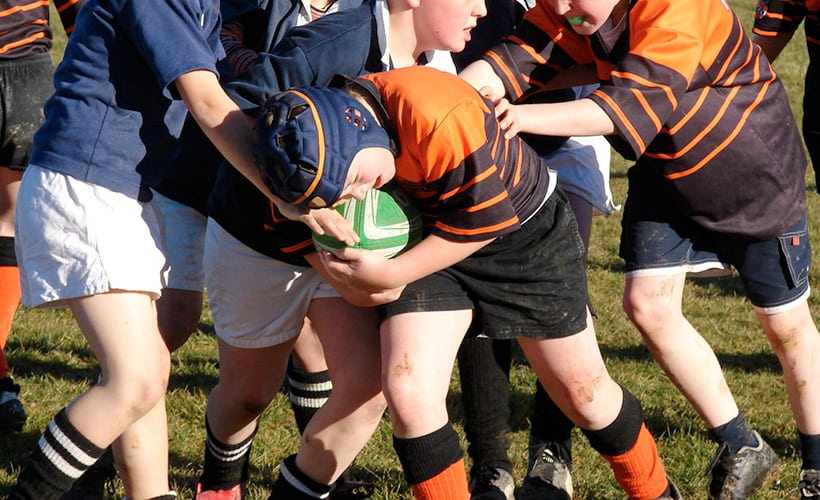
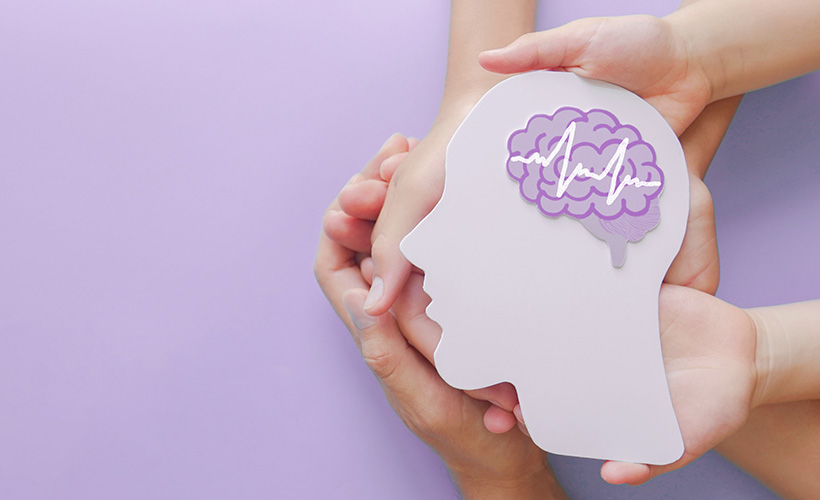
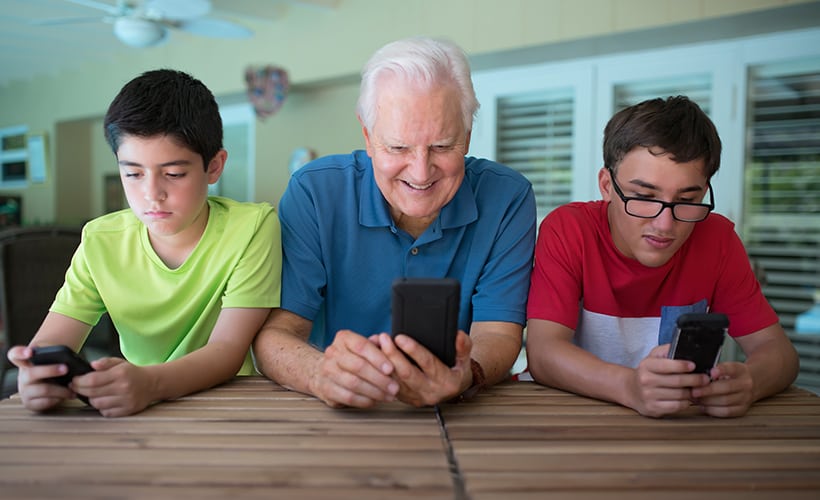
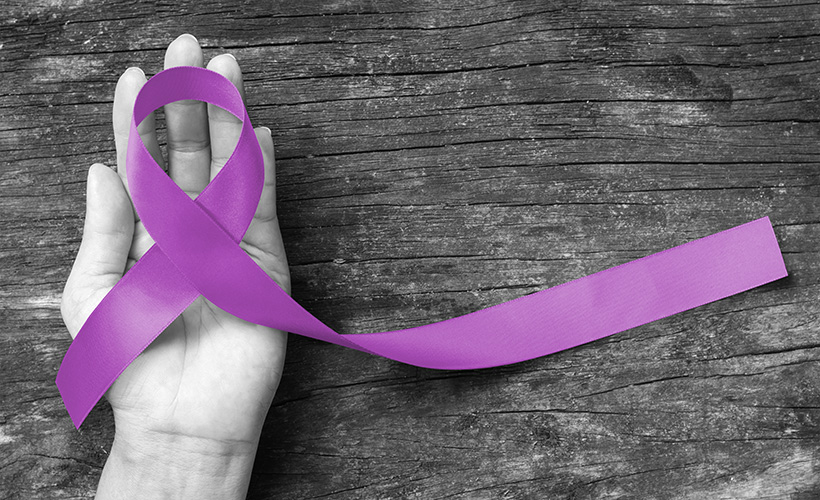



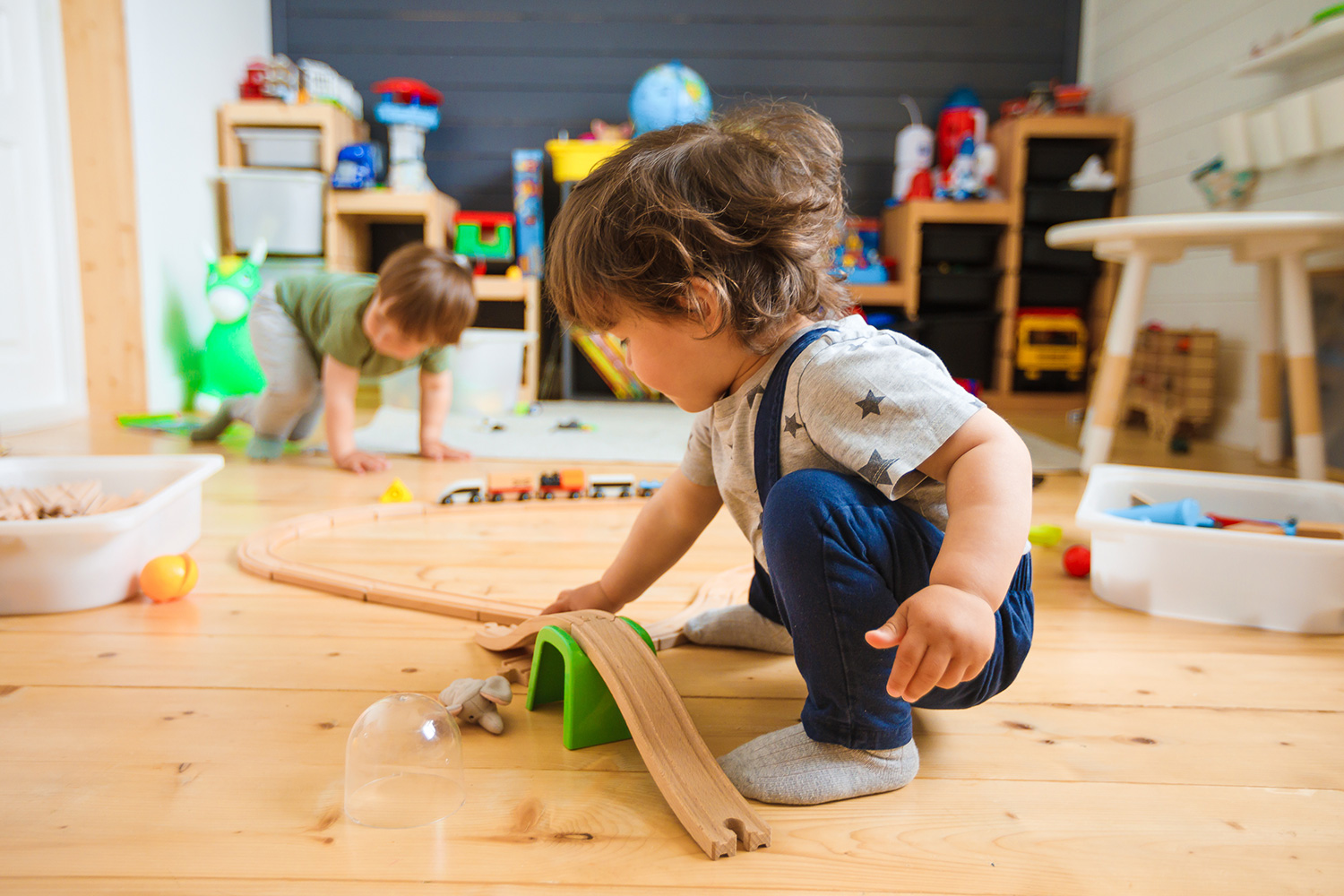
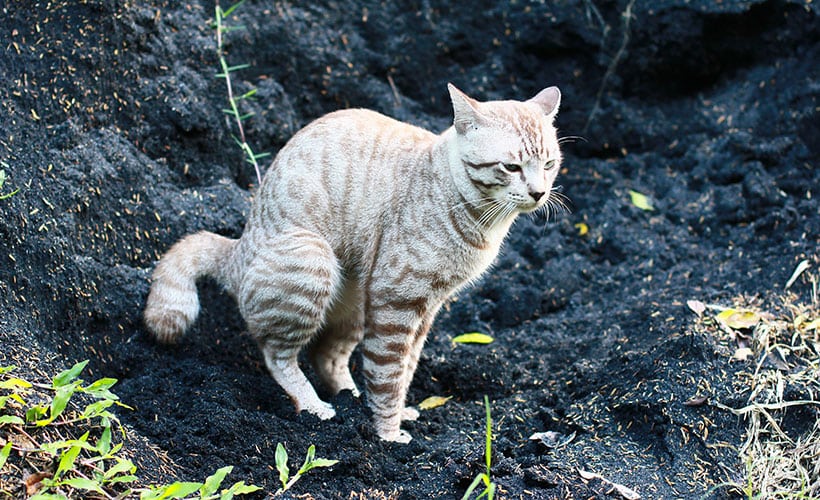


Community